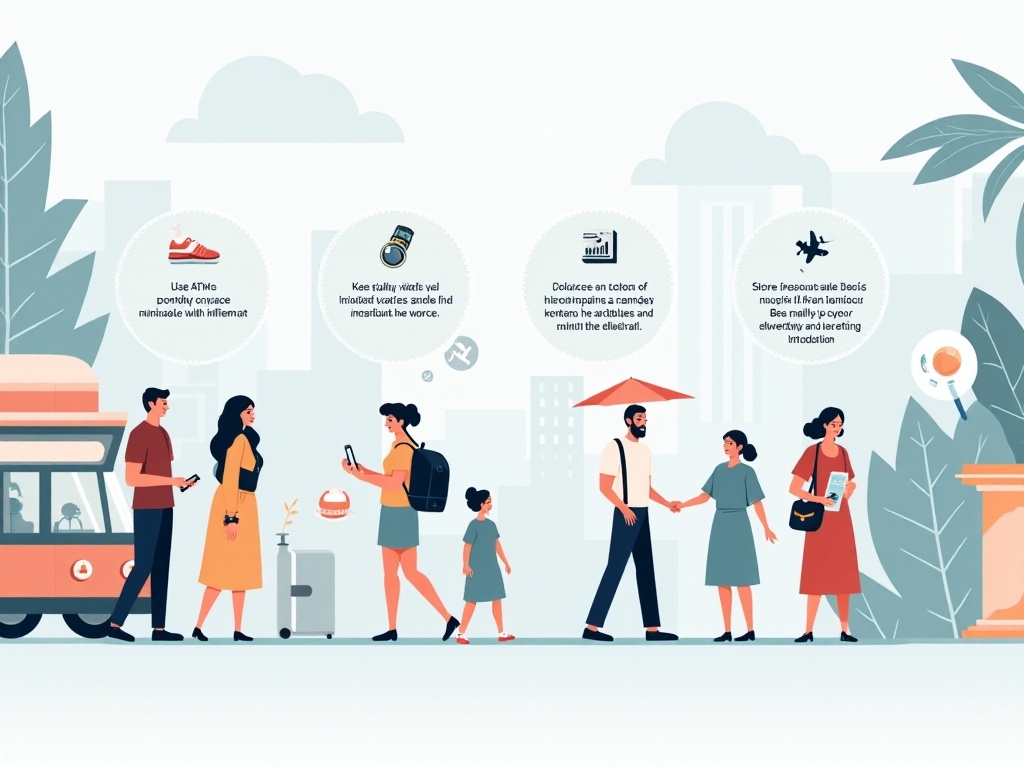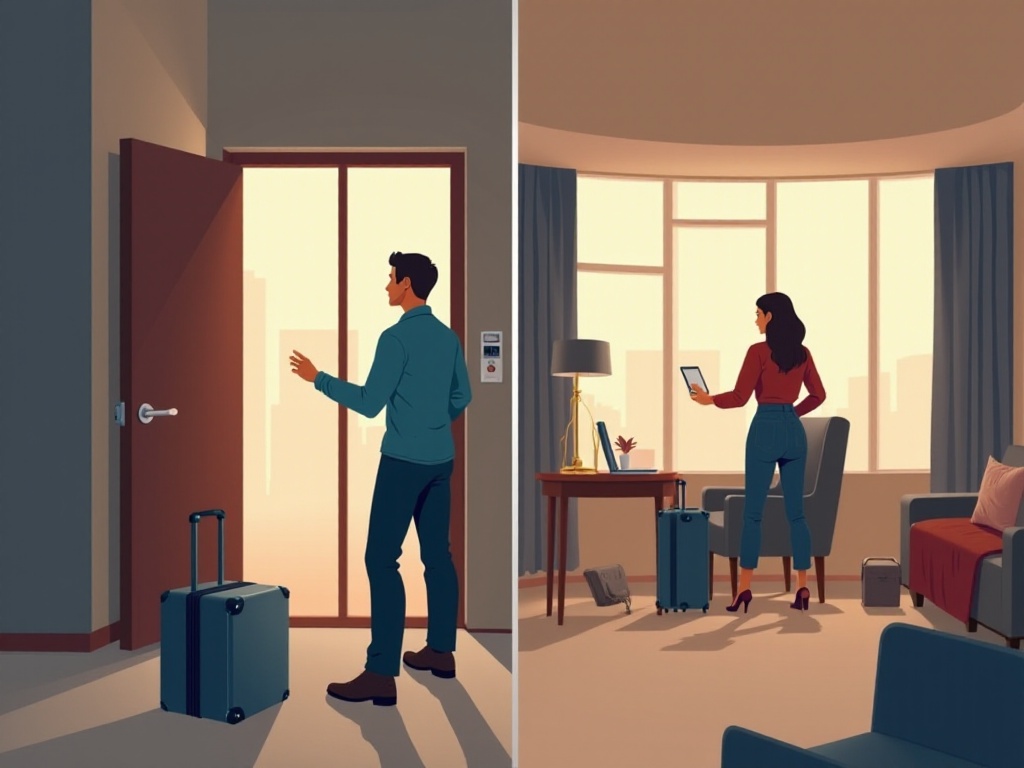
Preface
Hey travel enthusiasts! I'm a post-95s travel blogger who has explored China far and wide. I've been to Sanya no less than ten times in recent years, gaining new insights each time. Having just returned from Sanya a few days ago, while my memories are still fresh, I want to share my personal experiences and super practical guide to avoiding common pitfalls.
Honestly, every time I see fellow travelers encountering various safety issues in Sanya, I just want to rush over and offer advice. As a seasoned "pitfall expert," I feel it's necessary to share all the experience I've accumulated over the years, hoping to help more friends planning their Sanya vacation.
Accommodation Choices
I'm not exaggerating - I've seen too many people panic because they didn't book rooms in advance. Hotels in Sanya are especially hard to get during holidays. During the 2023 Spring Festival, hotel occupancy in Sanya reached 95%. Many people ended up paying high prices for hotels in suburban areas, and some even had to sleep in lobbies because they couldn't find rooms that day.
As a frequent traveler, I can tell you responsibly that booking a room one month in advance is the bare minimum. When booking, looking at photos and prices isn't enough - you must carefully study the review section. I have a special habit of specifically looking for negative reviews, as this is the easiest way to discover a hotel's real problems.
Last week I stayed at a beachfront hotel in Yalong Bay, which I carefully selected. First, I saw many reviews mentioning the hotel's excellent security system, with 24-hour security patrols and elevator access requiring room cards. Second, the location was great, with convenience stores and restaurants nearby, making it convenient to get food at night.
Here's another important tip: I recommend booking through well-known OTA platforms like Ctrip or Fliggy. These platforms have dedicated customer service teams who can help coordinate solutions if you encounter problems during your stay. I once experienced a situation where the hotel arbitrarily changed my booked room type, and it was resolved through the platform's customer service.
Choosing the hotel location is also crucial. If you're here for the beach, Sanya Bay, Dadonghai, and Yalong Bay are all good choices. But note that consumption levels vary greatly between areas. Sanya Bay offers the best value for money, suitable for young people on a budget; Dadonghai has the most complete supporting facilities, suitable for first-time visitors to Sanya; Yalong Bay is the highest-end, suitable for friends wanting a luxury vacation experience.
Document Management
Regarding document management, I really need to emphasize this. Document loss is extremely common in Sanya. According to Sanya Police Department data, there were 847 reported cases of lost tourist documents in 2023 - imagine how many vacations turned into nightmares behind this number.
I have a complete "anti-loss system" for document management. First, I take photos of my passport and ID card's front and back, then immediately send them to my email. This way, even if my phone is lost or dies, I can access the document photos from any computer. Second, I keep photocopies of documents in my suitcase's compartment, stored separately from the originals.
Here's a tip many people don't know: when checking into hotels, don't leave your original documents at the front desk. Many hotels now accept photocopies or electronic documents for check-in - you can simply show the document photos on your phone. If the hotel insists on seeing originals, show them but don't leave them at the front desk.
I remember one particularly unfortunate situation in Sanya. I lost my wallet along with my ID card, but thankfully I had made these preparations. I immediately reported to the police station using the document photos on my phone, then continued my trip using the photocopies, without disrupting my later itinerary plans.
If you do unfortunately lose your documents, don't panic. First, report to the police immediately - they'll give you a certificate. Then go to the local police station to get a temporary ID certificate, which can be used for flights and trains. But note that you'll need to know your ID number to get a temporary ID certificate, so make sure you remember your ID number or store it in your phone.
Property Safety
Regarding property safety, I really need to have a good chat with everyone. The story from last summer at Dadonghai left a particularly deep impression. A couple from Beijing - the woman had over 10,000 yuan in cash in her wallet, which was stolen while they were playing in the water. I thought at the time, who still carries that much cash nowadays?
In Sanya, almost all businesses support mobile payments, from large malls to street vendors, even seafood market vendors can take scan payments. My advice is to only carry 1,000 yuan for emergencies and use Alipay or WeChat Pay for everything else. If you're worried about your phone dying, bring a power bank. If you're still concerned, you can get a backup bank card, but never carry large amounts of cash.
Speaking of wallet safety, I must especially remind everyone to be aware of theft. Sanya is a tourist city with large crowds, so there will inevitably be some criminals. In crowded places like beaches, attractions, and night markets, you must watch your bag carefully. It's best to choose a bag with zippers, with the zipper facing your front. If it's a backpack, better wear it on your chest.
I have a special anti-theft bag for travel with many hidden pockets. I put valuables in the innermost hidden pocket, with only some change and tissues in the outer pockets. This way, even if the bag is stolen, losses are minimized.
Another important suggestion: don't put all your money and cards in one wallet. I usually separate my bank cards, keeping one in my wallet and one in the hotel safe. This way, if my wallet is lost, I still have a backup card to use.
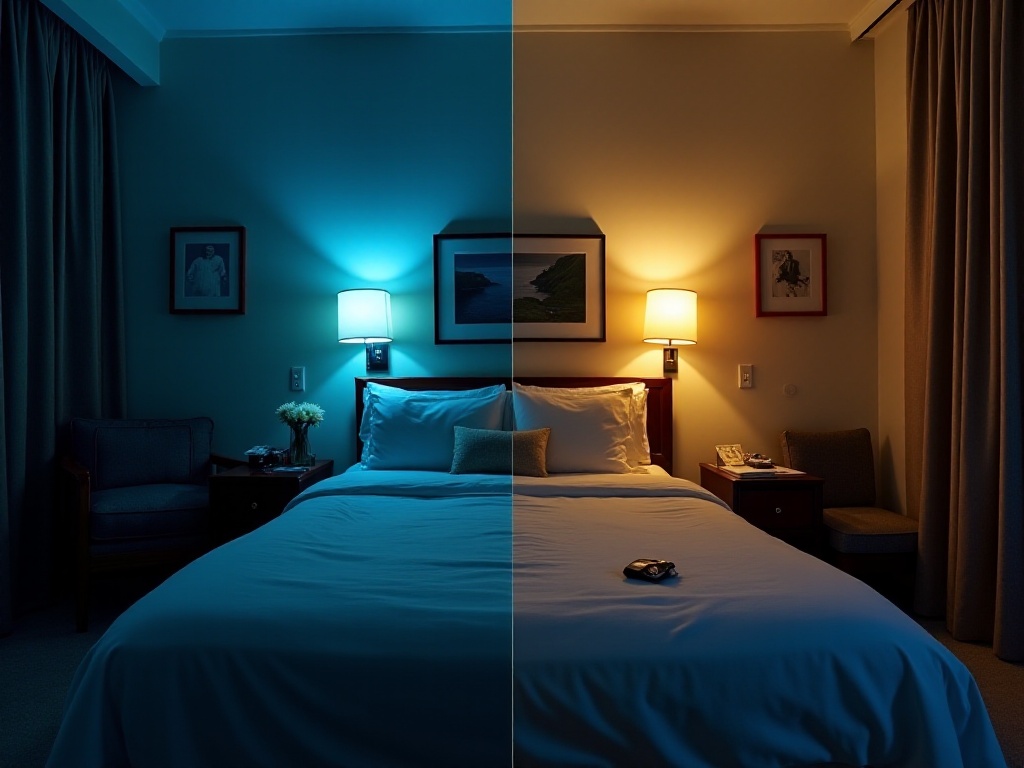
Luggage Storage
When it comes to luggage safety, this is my area of expertise. At Sanya Phoenix Airport, luggage switching incidents happen occasionally. In 2023 alone, there were 38 luggage claim disputes, and that's just the reported cases - the actual situation might be worse.
My suitcase has many special markings. First, I put special stickers on all four sides of the case - these stickers are carefully chosen to be difficult to remove. Second, I use a colored marker to make a special mark in an inconspicuous corner of the case. This way, even if the stickers are removed, I can still identify my case through this mark.
Luggage packing also requires attention to detail. Valuables absolutely cannot go in checked luggage - I must emphasize this repeatedly. Cameras, computers, jewelry, cash, documents - these items must go in your carry-on backpack. If your suitcase has a combination lock, make sure to set a complex code, not something easily guessed like your birthday.
I also put a paper with my contact information inside the suitcase. If the case is truly lost, whoever finds it can contact me. This small trick has helped me recover lost luggage twice in my travel career.
When packing luggage, also pay attention to how items are organized. I usually separate clothes from toiletries, so if toiletries leak, they won't stain clothes. I wrap valuable clothing in dust covers, which prevents wrinkles and protects from contamination from other items.
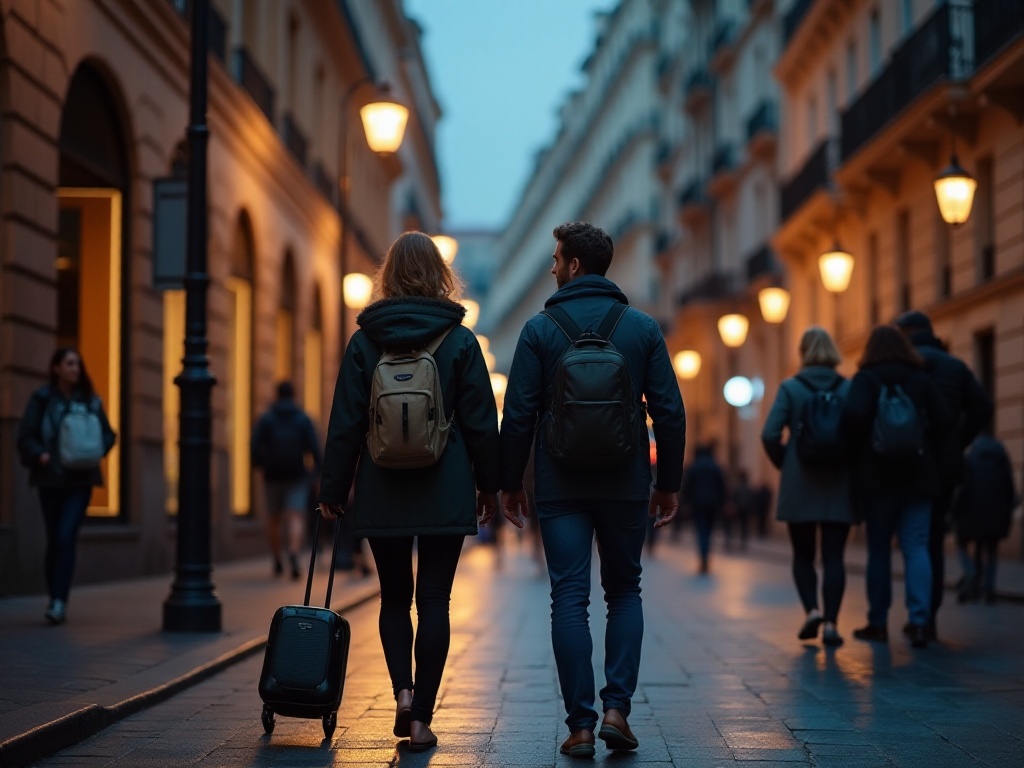
Accommodation Safety
Regarding accommodation safety, I really have a lot to say. Although hotels in Sanya are generally safe, the devil is in the details. Even five-star hotels can have various issues.
First, upon entering the room, check the door locks and windows. At the hotel I stayed in two days ago, the balcony sliding door lock was a bit loose. This is especially dangerous in a coastal city like Sanya, where strong sea winds could blow open loose door locks at night. After discovering this problem, I immediately requested a room change, which the hotel readily agreed to.
Second, always check if the room's safety facilities are working properly. For example, check if the safety chain is secure, if the smoke detector is working, if the emergency exit signs are lit. These details may seem trivial but could save your life in critical moments.
Third, never share your exact address on social media in real-time. I know many young people like to check in on social media, but this is really dangerous. You never know who might see this information. My suggestion is to share travel photos after leaving Sanya - that's the safest approach.
Another important safety issue: don't let strangers into your room. Even if someone claims to be hotel staff, call the front desk to confirm first. If someone knocks saying they need to check facilities, make sure they show their work ID, and preferably have another friend present.
When using the hotel safe, also be especially careful. Many people put valuables in the safe but often forget the code. My suggestion is to set a password that's easy to remember but hard for others to guess, like the last four digits of your student ID. At the same time, note the password in your phone's memo app, but record it in a special way, not obviously written out.
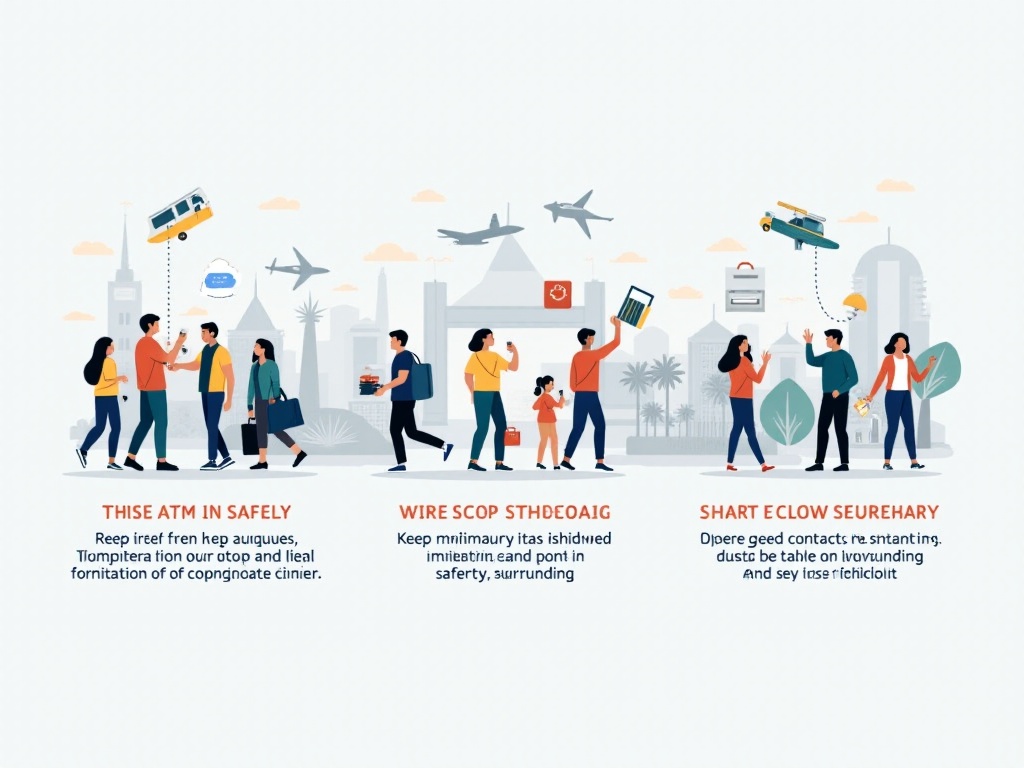
Food Safety
When it comes to Sanya's cuisine, I truly have a love-hate relationship. Coconuts, seafood, tropical fruits - each one is mouth-watering. However, the 2023 Sanya food safety supervision sampling data is truly alarming: the seafood restaurant industry had an 8.3% failure rate. What does this mean? It means when randomly choosing a seafood restaurant, the chances of having a bad experience are quite high.
As a frequent seafood eater in Sanya, I've developed a set of "safe seafood eating" principles. First, choose popular restaurants with proper business licenses. I especially recommend those long-established seafood restaurants near the First Market - although they might be more expensive than street stalls, food safety is guaranteed. These shops have fixed seafood suppliers and better hygiene conditions.
Second, seafood must be fully cooked. I know many people like oysters and drunken shrimp that are half-raw, but in a high-temperature place like Sanya, this is very risky. Even the freshest seafood can cause food poisoning if not properly handled. I've seen a tourist who spent their entire vacation in the hospital because they ate undercooked mantis shrimp.
Fruits also need special attention. Sanya's tropical fruits are indeed tempting, but you must cut them yourself - don't buy pre-cut fruit pieces for convenience. You don't know when those fruits were cut, what tools were used, or the hygiene conditions. I usually buy whole fruits and wash and cut them myself back at the hotel. Although it's more trouble, it's safer.
Regarding street food, my advice is to avoid it if possible. Not that all street food is bad, but the risks are indeed higher. If you really want to try local specialties, I recommend going to food courts in large shopping malls or established traditional snack shops. These places might be more expensive, but at least they have basic food safety guarantees.
When ordering, be mindful of portions - don't order too much. Especially when eating seafood, it's better not to order too many different types at once. Different seafoods might react with each other, potentially causing discomfort. My usual practice is to order no more than two or three types of seafood per meal, and all thoroughly cooked.
Travel Tips
In Sanya, ride-hailing apps are indeed the most convenient choice. However, safety concerns for travel after 11 PM shouldn't be ignored. I've had several late-night ride experiences that felt quite dangerous. Especially on some remote roads, encountering unreliable drivers can be very worrying.
My suggestion is to choose licensed taxis at night, or have the hotel call a car for you. Cars called by hotels are usually from their long-term partners and relatively more reliable. Plus, hotels record driver information, making it easier to track if problems occur.
Always remember to carry your hotel's business card - this is really important. I once experienced my phone suddenly dying, but thankfully had the hotel's card in my bag, otherwise I wouldn't have known how to tell the driver the address. Many hotels in Sanya now print addresses in both Chinese and English on their cards, and mark nearby landmarks, which is especially helpful for out-of-town tourists.
If going to more distant attractions, I recommend using hotel shuttle services or legitimate tourist car services. Although prices might be higher than ride-hailing, the safety factor is much higher. Plus, these vehicles usually have travel insurance, providing protection in case of accidents.
In Sanya, many attractions are quite far apart. For example, from Sanya Bay to Yalong Bay takes about an hour by car. So when planning your itinerary, consider travel time. I suggest planning no more than two attractions per day, so you won't be rushed and can leave some flexible time.
Another important suggestion: when renting cars in Sanya, always go through legitimate rental companies. I've seen too many people try to save money by renting through WeChat groups or mini-programs, only to find nowhere to complain when vehicle problems occur. Legitimate rental companies might be more expensive, but they have better vehicle conditions and insurance coverage. If you plan to rent a car, I suggest booking online in advance - this way you can not only get discounted prices but also choose better vehicles.
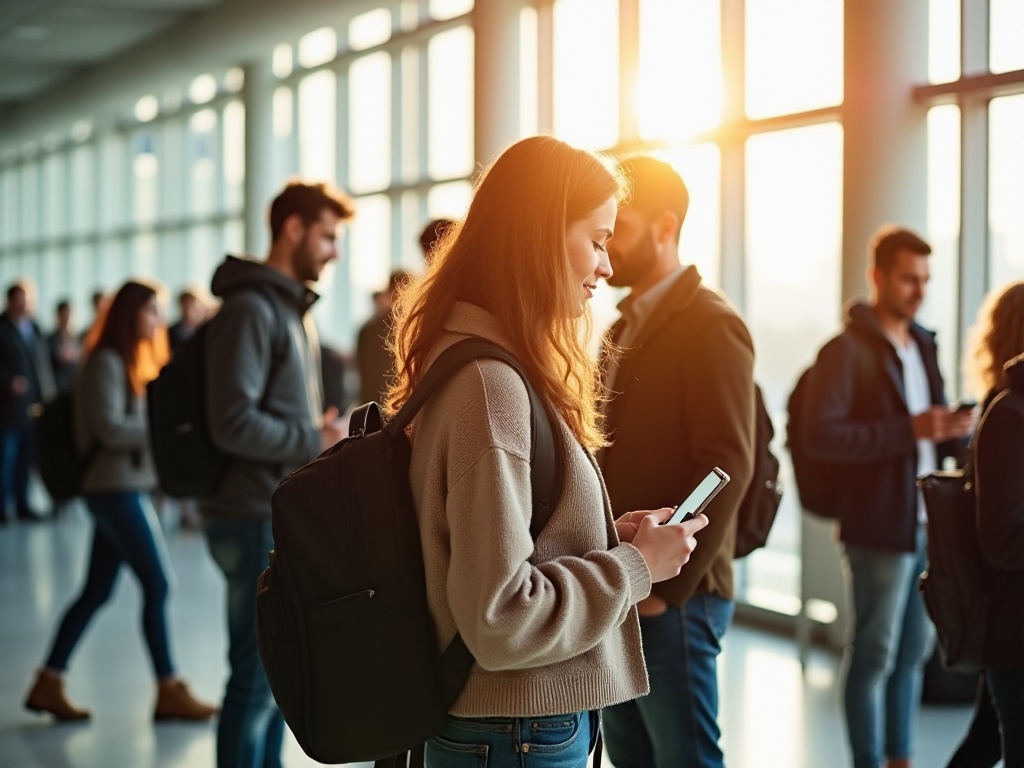
Conclusion
After saying all this, it really comes down to considering every detail. Travel should be a happy thing, but if you don't pay attention to safety, even the most beautiful scenery can turn into a nightmare. I hope through sharing this article, every friend traveling to Sanya can have both an enjoyable and safe experience.
Actually, each of us can become a safety reminder for others. If you also have any special experiences or safety tips from traveling in Sanya, welcome to tell me in the comments. Let's create safer, more enjoyable travel experiences together.
The meaning of travel isn't just about seeing beautiful scenery, but also about staying safe. Looking forward to bringing you more practical travel tips in the next sharing. See you next time!
Next
Essential Safety Guide for Solo Female Travelers in 2024: From Hotel Booking to Scam Prevention
A comprehensive guide covering travel safety aspects including accommodation security, personal belongings protection, and behavioral safety. Provides practical advice on lodging preparation, valuables management, document security, and scam prevention for travelers
Safety Guide for Solo Female Travelers Abroad: A Veteran Travel Blogger's 10 Years of Experience
A comprehensive travel safety guide covering pre-trip preparation, personal security, accommodation safety, and emergency readiness. Offers practical safety advice and best practices for travelers, from accommodation planning to fraud prevention
First Time Traveling to Japan Alone? Don't Miss These Essential Preparations! A Comprehensive Guide
A comprehensive guide covering essential travel safety preparations, including document management, luggage security, accommodation safety, and personal property protection, helping travelers minimize risks during their journey.
Next
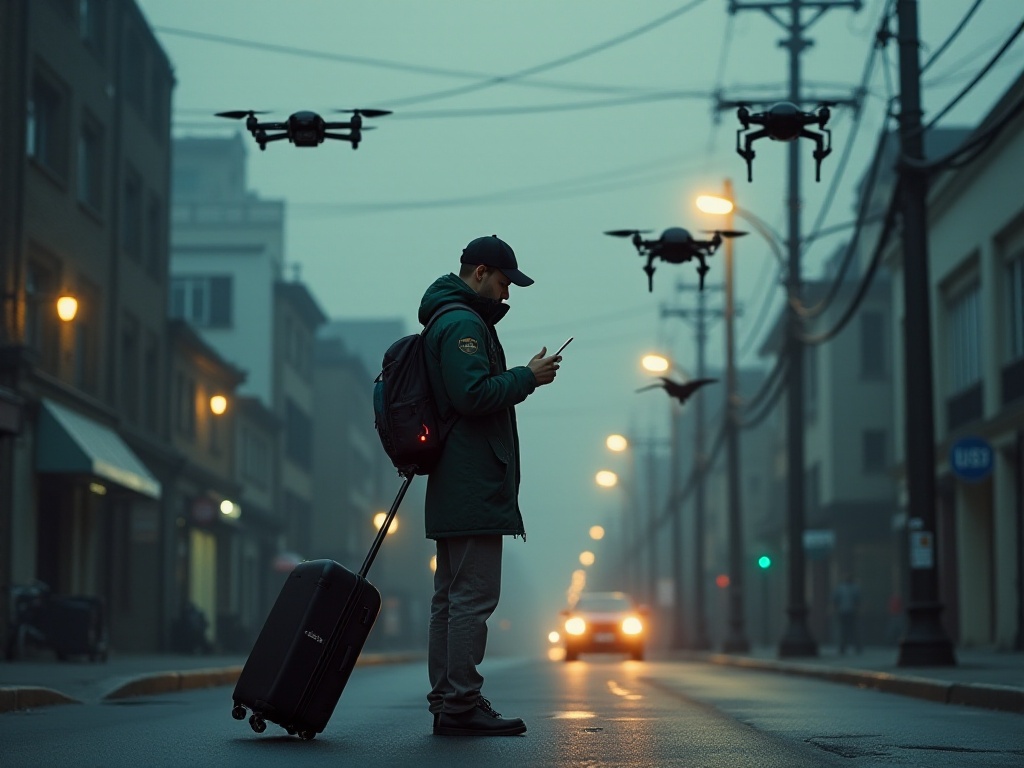
Essential Safety Guide for Solo Female Travelers in 2024: From Hotel Booking to Scam Prevention
A comprehensive guide covering travel safety aspects including accommodation security, personal belongings protection, and behavioral safety. Provides practical advice on lodging preparation, valuables management, document security, and scam prevention for travelers
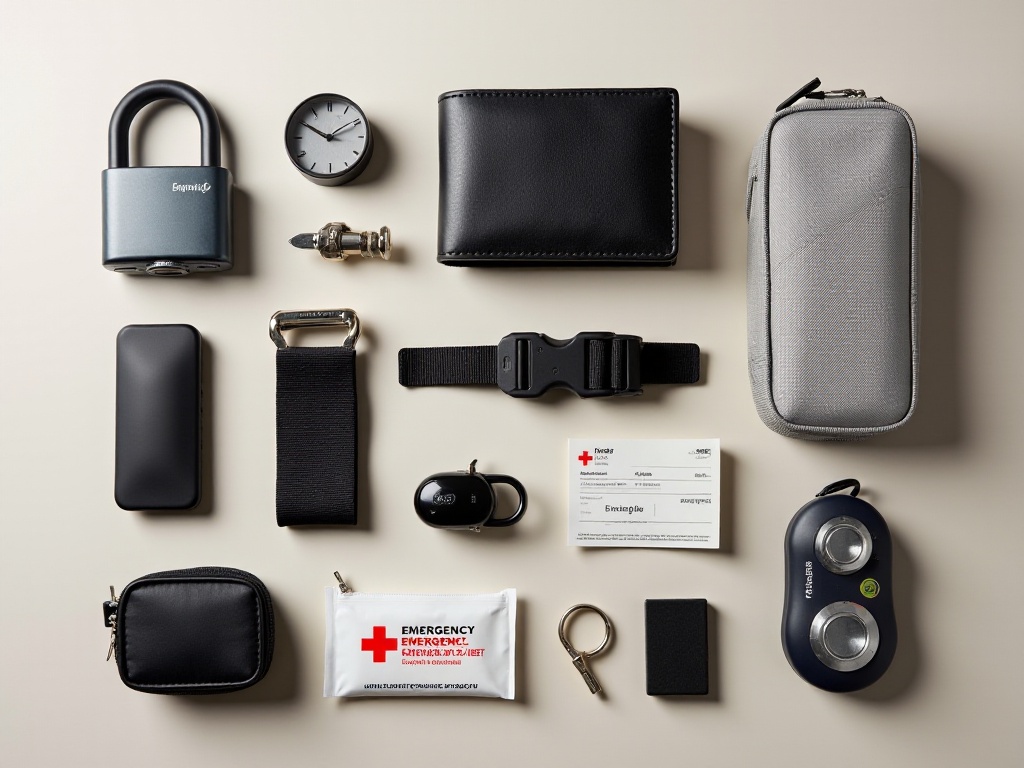
Safety Guide for Solo Female Travelers Abroad: A Veteran Travel Blogger's 10 Years of Experience
A comprehensive travel safety guide covering pre-trip preparation, personal security, accommodation safety, and emergency readiness. Offers practical safety advice and best practices for travelers, from accommodation planning to fraud prevention
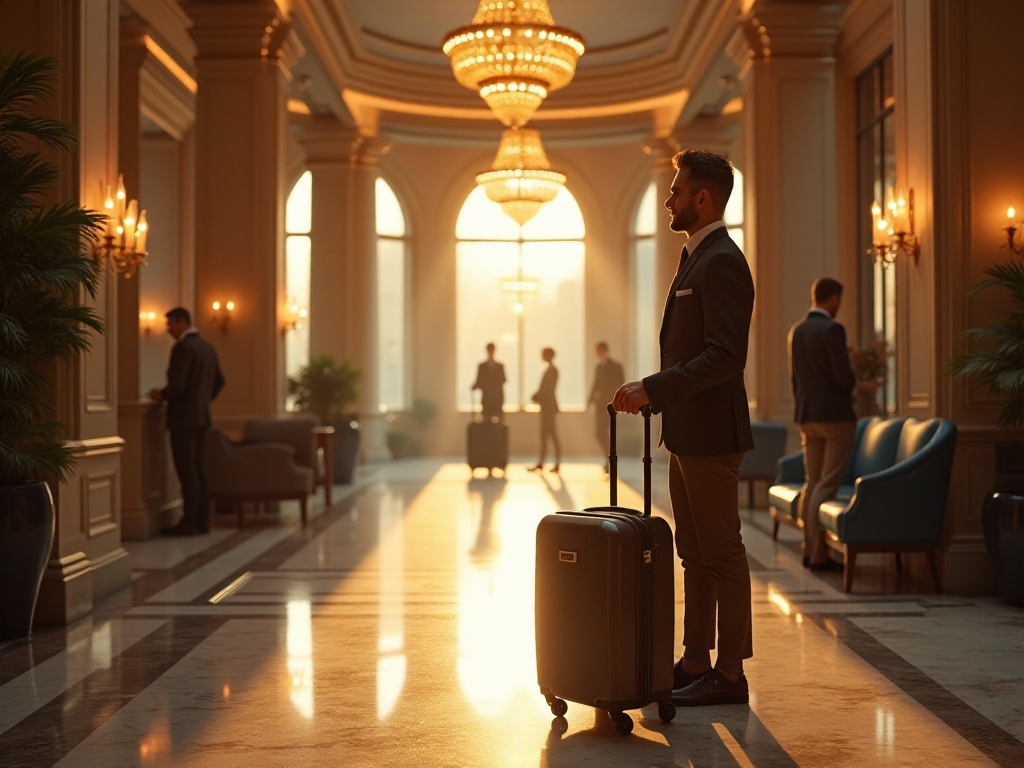
First Time Traveling to Japan Alone? Don't Miss These Essential Preparations! A Comprehensive Guide
A comprehensive guide covering essential travel safety preparations, including document management, luggage security, accommodation safety, and personal property protection, helping travelers minimize risks during their journey.

